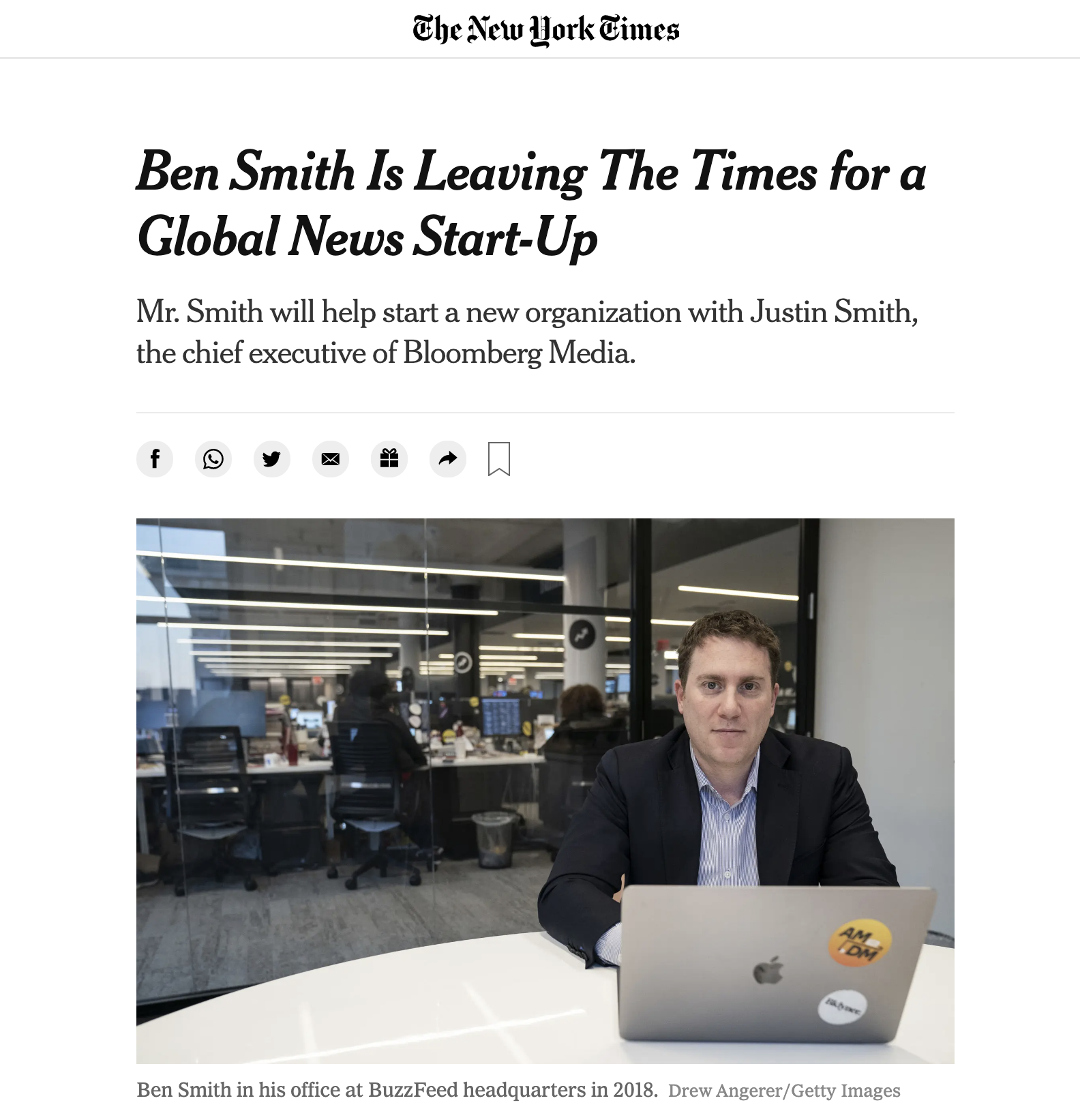Polis Intern and LSE MSc student Francesca Martens reports on the latest Polis Media Agenda Talk featuring Norman Lewis, writer for Futures Diagnosis and Innovation Specialist at PriceWaterhouseCoopers.
If history does indeed repeat itself, then the 21st century may just be the new Middle Ages. Due to people’s increasing dependence on technology and the commodification of human interaction online, it is not far-fetched to see the similarities between medieval depictions of humanity as a powerless, homogenous mass at the mercy of God and the saints:

With our increasingly tech-dependent generation rushing to download the cool new app or camping for days outside the Apple store just so they can be the first to purchase their new gadget:

Not far off, right?
Instead of using their products to empower people, Norman Lewis tells the audience during his November 18th talk at the LSE, that technology companies such as Facebook, Instagram and Apple have flipped this relationship and made the masses dependent on technology; all for corporate gain.
The solution for this, Lewis offers, is the adoption of a humanist approach which would recognize technology as our creation and use it for the betterment of mankind rather than for the betterment of the few. In effect, Lewis calls for a return to the Renaissance and Enlightenment values which placed the human, not the divine few, at the center of the world.
The human as the object
“What used to be the subject is becoming the object(…)and what’s the objective of all of this? SMS: sell us more stuff” (Lewis)
It is difficult, particularly with our current media landscape littered with selfies, tweets, blogs, and every other form of online self-expression, to imagine this generation needing to focus more on itself. But if we analyze the “selfie”, the closest 21st century equivalent to the self-portrait, we soon see that the person taking the picture is not the true subject of the image. In her Guardian article on Renaissance painter Rembrandt’s Lessons for the “Selfie” era, Jenny Judge states that it is Rembrandt’s honest portrayal of himself in each of his 80 self-portraits that is the most meaningful difference between self-representations of the past and our modern ones:
Facing bankruptcy, having endured the deaths of many of those most dear to him, Rembrandt stood before the mirror and painted himself…this is why Simon Schama calls him an “everyman”: (…) in his face, so carefully detailed, we see “countless other personae”. (Judge)
Rembrandt’s “selfies”, then, served him as a cathartic outlet, but they also provided value to the viewer who was able to identify with the subject, and the toll that life’s hardships have taken on his physical appearance.
21st century “selfies”, on the other hand, are not about establishing an empathic connection between subject and viewers; rather, it is about establishing the superiority (“look how good I look today!”) of the subject. This is why “selfies”, with their made-up and filtered protagonists, are not speaking of the self: they are free, user-generated, adverts for the beauty and clothing industries.
From mass consumers to mass innovators
“Consumption has got nothing to do with productive forces, with changing the world around us, rather it is about indulging ourselves” – Lewis
Instead of fostering introspection and real development of the self as achieved through thought and careful study of our world, this and future generations are being asked to foster the capitalist version of the self: one which must be improved through consumption and “personalized” through data production.
Lewis wonders: “Where is the next wave of innovation going to come from if this generation is so focused on themselves?”, but I don’t think this is the question that needs to be asked; after all, digital innovation in the form of apps and tech products is thriving. A better question, I think, is: where is the next wave of revolutionary innovation going to come from? More precisely, who will be the ones to think outside of the ephemeral, need-satisfying worlds of apps and tech where the novelty of this year is the dinosaur of the next? Who will be the ones to create something for the betterment of humanity without financial considerations or ties to a corporate overlord?
In effect, who will reinitiate the Renaissance ideal of progress for humanity’s sake?.
This article by Polis intern, Francesca Martens
Polis Media Agenda Talks are every Tuesday at 5pm and are free and open to the public – details here






